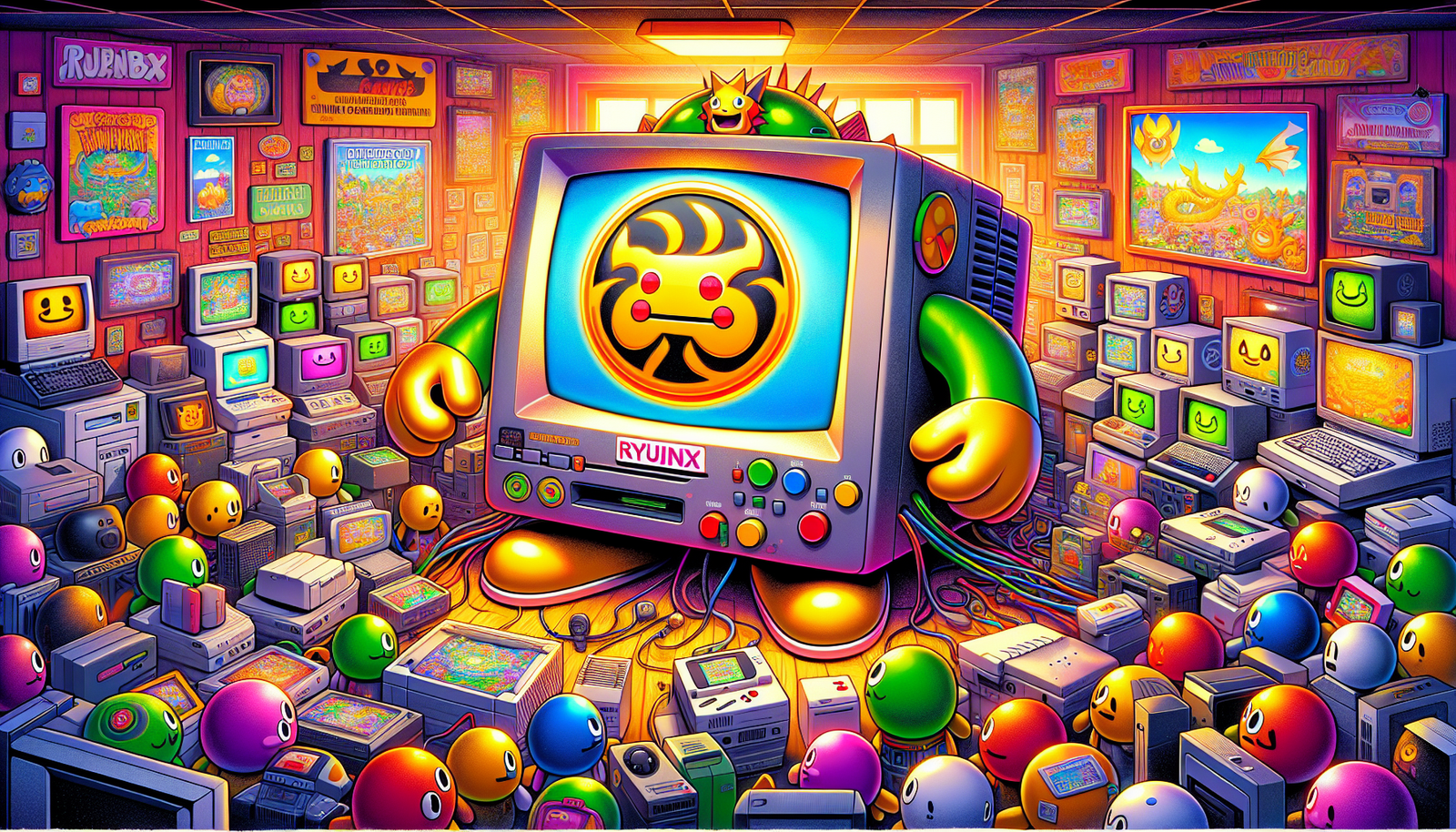Understanding Nintendo’s Crackdown on Emulators: The Ryujinx Saga
Nintendo has once again made headlines by shuttering a popular emulator, Ryujinx, known for enabling players to run Nintendo Switch games on various operating systems including Windows, Linux, and Mac. This decision comes after a direct intervention from Nintendo, which led to the developer of Ryujinx agreeing to cease the project’s operations.
What Happened?
On October 1, 2024, a statement was posted on Ryujinx’s Discord server, confirming that the developers were contacted by Nintendo and subsequently reached an agreement to halt development. Though the emulator will remain functional for current users, its Github repository has been taken down, effectively halting any further developments or updates.
Ryujinx has had its moments of fame, especially recently when it was reported to be able to run “The Legend of Zelda: Echoes of Wisdom” at impressive frame rates, significantly outpacing the Nintendo Switch’s native capabilities. This type of performance makes emulators particularly attractive to gamers who seek enhanced experiences beyond what the original hardware can provide.
Nintendo’s Ongoing Anti-Emulator Campaign
Nintendo’s actions against emulators are not new; the company has a history of aggressive legal maneuvers against various emulator projects. Just this year, they partnered with a cybersecurity firm to combat game piracy. They’ve previously taken similar actions against the Yuzu emulator, leading to a staggering $2.4 million settlement, and issued thousands of takedown requests to GitHub to suppress emulator-related content.
These moves underline Nintendo’s relentless approach to protect its intellectual property and combat piracy. The company’s actions serve as a reminder of the fine line between fan projects that aim to preserve and celebrate gaming history and the corporate drive to safeguard their products and profits.
Implications for the Community
The closure of Ryujinx is a significant loss for the gaming community, especially for those who rely on emulators to experience classic games or access libraries not otherwise available on their preferred platforms. This situation raises crucial questions about the future of emulation and the pressure developers may face from major corporations seeking to enforce intellectual property rights.
As companies like Nintendo continue to intensify their scrutiny over emulation software, gamers and developers alike must navigate these challenges carefully. The balance between enjoying beloved franchises and respecting the legal frameworks surrounding them becomes increasingly complex in a digital world.
Conclusion
Nintendo’s crackdown on Ryujinx highlights the ongoing tensions between video game companies and the emulation community. As the landscape evolves, it remains to be seen how developers will adapt and how gamers will continue to engage with classic titles amidst growing scrutiny and legal challenges.

